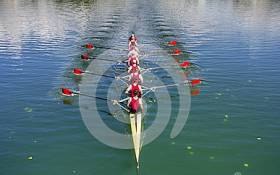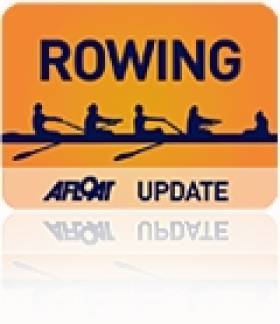Displaying items by tag: Draw
Neptune Draw Changed
#Rowing: The Neptune Regatta on Saturday at Islandbridge has revised its draw, moving a number of crews around on the schedule. The overall shape of the regatta, which runs from 8.30am until just after 6pm, remains in place. There are men’s senior eight semi-finals scheduled for 4.24 and 4.27, with the final set for 5.42.
The changes are highlighted in yellow in the attached draw.
Tough Draws for Irish Club Crews at Henley Regatta
# ROWING HENLEY DRAW: Irish club crews have been given some tough draws for Henley Royal Regatta, which begins on Wednesday. Three of the five have drawn selected (seeded) crews: UCD’s strong Visitors’ Cup four will face Harvard A; Belfast Boat Club take on Union Boat Club of the United States in the Britannia and Trinity face the might of University of Virginia in the Prince Albert for student fours. The two exceptions are in the Prince of Wales, where Commercial take on PB and DRC and Anglia Ruskin and the Temple Cup where UCD are drawn against University of Bristol.
Henley Draw (Irish interest)
Temple Cup (Eights, Student): UCD v University of Bristol
Visitors Cup (Fours, Intermediate): UCD v Harvard A (selected crew)
Prince of Wales Cup (Quadruple Sculls, Intermediate): Commercial v PB and DRC and Anglia Ruskin
Britannia (Coxed Fours, Club): Belfast BC v Union BC (US) (selected)
Prince Albert (Fours, Student): Trinity v University of Virginia (selected)
Double Sculls (Open): R Chambers, P Chambers (selected) v winners of Knight and Bell and Mole and Fisher in quarter-final
Diamond Sculls (Single Sculls, Open): A Campbell (selected) v winner of GP Bozhilov and DS Read in quarter-final

























































